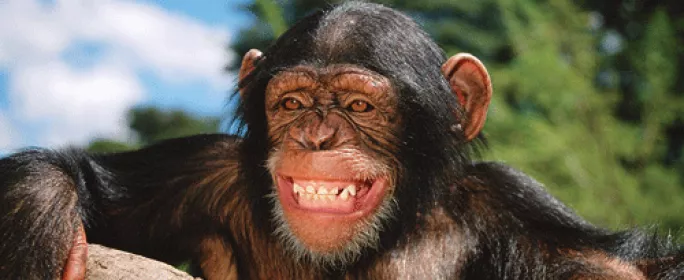Boys like rough and tumble, and girls form cliques and talk a lot. These are the typical assumptions people tend to make about behaviour in the classroom.
But scientific studies of apes suggest that the idea of innate “male” and “female” behaviour may be fundamentally flawed and challenge our notions of gender in the classroom.
The research is important because preconceptions about the behaviour of the different sexes tend to influence how teachers react to pupils’ actions, says Eric Michael Johnson, who has completed graduate work in primate ecology at Duke University in North Carolina.
One study he cites in this week’s TES magazine found that young male chimpanzees play in much bigger groups than females and engaged in much more rough play - consistent with commonly held beliefs about innate “male” human behaviour.
But a study of the bonobo apes - thought to be the closest cousin to human beings, found the young females engaged in much more rough play than their male counterparts and also consistently also outran, out-climbed, and out-competed them.
Another study, where female primates were exposed to heightened levels of testosterone in the womb, resulted in female young who engaged in almost as much rough play as males.
Levels of testosterone, rather than an ape’s sex, Mr Johnson writes, seem to play a key role in determining whether animals indulge in typically “male behaviour”. But it is only one factor in a complex picture, he writes.
The study of primates suggests that a child’s choice to engage in certain behaviours is determined less by sex than the biological environment they are exposed to, says Mr Johnson.
“There are a myriad of influences that shape a child’s personality, so we shouldn’t assume that gender is a fixed variable when considering our strategies for childhood behaviour.
“Teachers need to be careful not to re-enforce or treat differently behaviour deemed ‘natural’ to a certain sex as the study of primates has shown those natural preconceptions are very problematic.” he writes.
“Nature is of course an important component of who we are as a species, but the right environment is just as crucial.”
Read the full story in the 6 June edition of TES on your tablet or phone by downloading the TES Reader app for Android or iOS. Or pick it up in all good newsagents tomorrow.




